It is always difficult to put a value on a franchise when it is being sold.
The valuation basis of most franchises is a multiple of future maintainable earnings. If a business has future maintainable earnings of $150,000 and a multiple of 3 times, the business is worth $450,000 ($150,000 multiplied by 3).
The multiple to use depends on the degree of risk of the franchise – the more risky the business, the lower the multiple. So, for example, if we accept a multiple of 3 times earnings for a business with average risk, a business with lower risk might sell for a multiple of 4 times earnings ($600,000), whereas a business with higher risk may sell for a multiple of 2 times earnings ($300,000).
The earnings used in the calculation are not necessarily the earnings shown in your profit and loss account. The earnings must be future maintainable earnings –the earnings that a purchaser of the business could reasonably expect to make. Future maintainable earnings involves adjusting actual earnings by stripping out abnormal items of income and expenses, stripping out personal expenses, adjusting for fair salaries for all who work in the business (including owners), including sales not being put through the books, etc. etc. Once these adjustments are made the future maintainable earnings are usually very different to the actual earnings shown in the profit and loss statement.
So, in theory, if you can establish the future maintainable earnings of the franchise, and you are able to determine a reasonable multiple – a multiple that takes into account the risk – you will know how to value your business for sale.
In practice of course, it is not that simple. Determining future maintainable earnings and the appropriate multiple is more easily said than done.
Based on my own experience here are some other observations that will assist in valuing your franchise:
- Most franchise owners think a business is worth more than it truly is, and set too high a price. The price should not be based on what is required to clear your debt on the business, or to recover the investment, etc. but simply what is a fair (based on the criteria set out above).
- If you want to set a realistic price, try putting yourself in the shoes of the potential purchaser. Consider the business from the purchaser’s perspective.
- Most franchises have a finite period – at the end of the franchise term, the right to operate the franchise ceases. The closer a business is to the end of the franchise term, the lower the value of the business. In many cases, there will be an option to renew, but exercising such an option may involve further fees and this will influence the value of the franchise.
- Find out details of what other franchises in the particular system are selling for, or what other franchises in similar systems are selling for. This will give you an idea of what your franchise is worth – but make sure you are comparing like with like.
- Have discussions with franchise or business brokers – people who are buying and selling businesses for their livelihood. They will have their finger on the pulse.
Valuing a business is an art, not a science. The process involves taking all factors into account as best you can, determining the price (based on future maintainable earnings and risk) and putting the business up for sale. You may never know if you have set the price too low – because the business will be sold and you will be left wondering if you could have got a better price – but you will know if you have set the price too high because the business won’t be sold.
About the author
Tim is a director of Lanyon Partners Chartered Accountants and heads up their franchising division. Tim has provided advice to, and acted for, many franchisees and franchisors, and is particularly active in advising on the purchase and set up of franchise businesses.
Contact Tim at:
Phone 03 98616140
Email: [email protected]
Web: www.lanyonpartners.com.au

